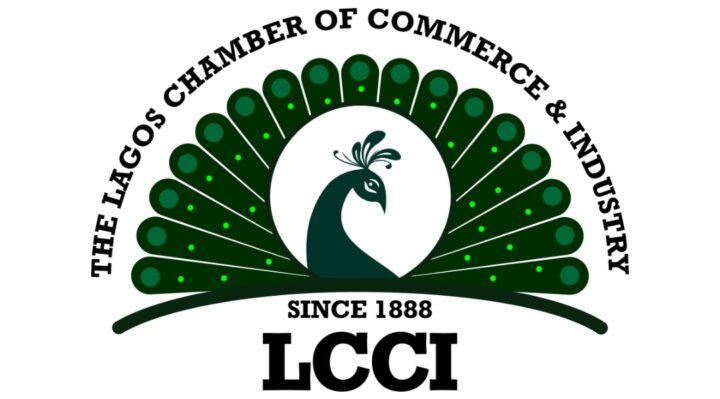…release Mid-Year Economic Review and Outlook
The Lagos Chamber of Commerce and Industry (LCCI) and Cordros Capital have stated that the operating environment of the Nigeria National Petroleum Company Limited continues to remain Opaque despite being a limited liability company.
This was contained in their 2023 Mid Year Economic Review Outlook for the country.
According to them: “The operating environment of NNPCL is somewhat opaque, which is anti-competition. The oil sector will attract the desired investment if the government liberalizes fuel import licenses and other vital activities in the midstream and downstream.’’
The programme which was jointly organized by the two bodies is intended to point out opportunities for business growth and sustainability in Nigeria and the global market.
Dr. Michael Olawale-Cole , LCCI President, in his opening remarks, indicated that the half-yearly event reviewed vital policy developments and macroeconomic performance. It also discussed the outlook and expectations for the next half, focusing on risks and opportunities.
The LCCI, over the last 135 years, has consistently engaged the government and advanced the growth of the private sector and the overall Nigerian economy through regular reviews of the business and economic climate and policy advocacy.
The Nigerian economy in the first half of 2023 was quite challenging due to multiple factors. Although the general elections held in March 2023 were considered relatively peaceful and the transition completed in May, business conditions and operating environment in the first half of the year were essentially difficult due to rising interest rates, inflationary pressures, foreign exchange volatility, and the liberalization of the downstream sector of the oil & gas industry.
As a result, the cost of living has significantly gone up. The first quarter GDP slowed to 2.31%, primarily driven by growth in the non-oil sector while the oil sector remained in recession. The country also witnessed a significant decline in foreign direct investments (FDIs), coupled with a high level of public debt stock and concerns for debt sustainability, high unemployment, and poverty levels. The International Monetary Fund (IMF), in its July 2023 World Economic Outlook (WEO) Update, lowered its growth projection for Nigeria in 2023 to 3.2% from 3.3% in 2022, reflecting security issues in the oil sector, policy risks, and persistently high inflation.
To address long-standing macroeconomic imbalances and change the economy’s trajectory, the new government led by President Bola Tinubu introduced several reform policies, including fuel subsidy removal and foreign exchange unification. Furthermore, several palliative measures have been introduced to ease the effect on businesses, low-income people, and the most vulnerable.
The consensus reached at the end of the Mid-Year Economic and Outlook are detailed below.
Stakeholders take on the economy – 2023 Mid-Year Economic Review and Outlook
- Government should consider the urgent need for an all-encompassing economic and fiscal plan, full/ partial divestment of state-owned real estate, improved transport sector, and energy assets as post-election priorities.
- The government must focus more on asset-based and equity offerings to improve revenue.
- Institutional reorganization is urgently needed in the CBN and the NNPC to improve transparency and accountability.
- The operating environment of NNPCL is somewhat opaque, which is anti-competition. The oil sector will attract the desired investment if the government liberalizes fuel import licenses and other vital activities in the midstream and downstream.
- Government should unlock revenue from assets by complementing tax with rent, fees, dividends, and capital gains. Economies that optimize revenue through equities have recently offset the loss from declining commodity prices.
- The new administration is advised to borrow better to reduce debt costs by issuing a more asset-linked debt than IOUs. The non-interest-bearing debt opportunities should be explored as emerging markets tilt towards project equity financing.
- BDCs should not be referred to as parallel or unofficial markets, because they are officially licensed to trade.

